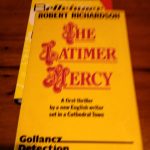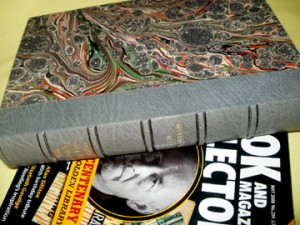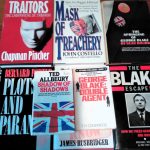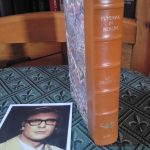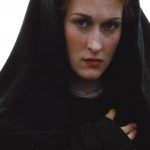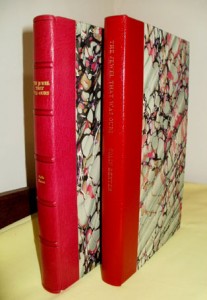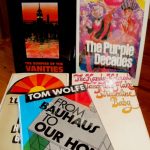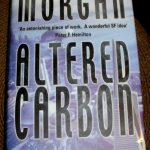 The USA underwent a revolution in the 60s – a revolution that found its way into the Beat literature of Kesey and Kerouac; the psychedelic acid trips of Tom Wolfe, and others. But as the sterner 70s came, a somewhat darker examination of violence and drug and assorted delinquent maladies, were to be found in the thriller novels from Robert Stone .
The USA underwent a revolution in the 60s – a revolution that found its way into the Beat literature of Kesey and Kerouac; the psychedelic acid trips of Tom Wolfe, and others. But as the sterner 70s came, a somewhat darker examination of violence and drug and assorted delinquent maladies, were to be found in the thriller novels from Robert Stone .
Robert Stone’s novels often feature alienated protagonists who struggle to survive in a brutal world of violence, drugs, and alcohol. Commenting on his subject matter, Time reviewer Paul Gray said, “That Stone makes exciting fiction out of this depressing scenario is the hallmark of his mastery.” New York Times book critic Michiko Kakutani once wrote that “[Robert] Stone emerged as one of the few novelists to capture the hallucinatory, apocalyptic madness of the late ’60s, the maelstrom of youthful passion, heedless idealism and dangerous excess that characterized those years and presaged the social tumult to come.”
Stone came to be regarded as a latter-day Conrad – describing American adventurism abroad as having a brutal affect on its GI’s; where they take to dope and alcohol, ending up seeking a way out. The stories often involve a maguffin, manhunts and crooked feds, and despite the subject matter Stone became a respectable author. But his appeal is not limited to the quality press literary scene; as Barry Forshaw pointed out in his discussion of crime writers (Rough Guide to Crime Fiction) Stone is considered by many to be the finest American novelist at work today. His books are a unique mix of thrills and tough scenes, underscored with romance and redemption. They are also charged with a deep view of social reality. The early books deal at length with Vietnam, goings on inside a Mexican revolution, an interesting take on Hollywood and alienation and love. My own favourite is Damascus Gate. Here is a dense novel that examines Western values, as well as a spy story, and politics and religion collide as scheming Christian fundamentalists seek Armageddon. 
A Hall of Mirrors (1967), Stone’s first novel, won the William Faulkner Award for best first novel while his important second novel, Dog Soldiers (1974), won the National Book Award and was adapted into the film Who’ll Stop the Rain in 1978. Stone’s other works include the novels A Flag for Sunrise (1981), which received the Los Angeles Times Book Prize, Children of Light (1986), and Outerbridge Reach (1992) and Damascus Gate (1998). He writes a book about every five years.
I was very lucky to met with Robert Stone when he came to Cheltenham Literary Festival many years ago. He signed by personal collection of first editions and some spares on offer in the shop.

